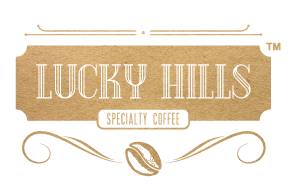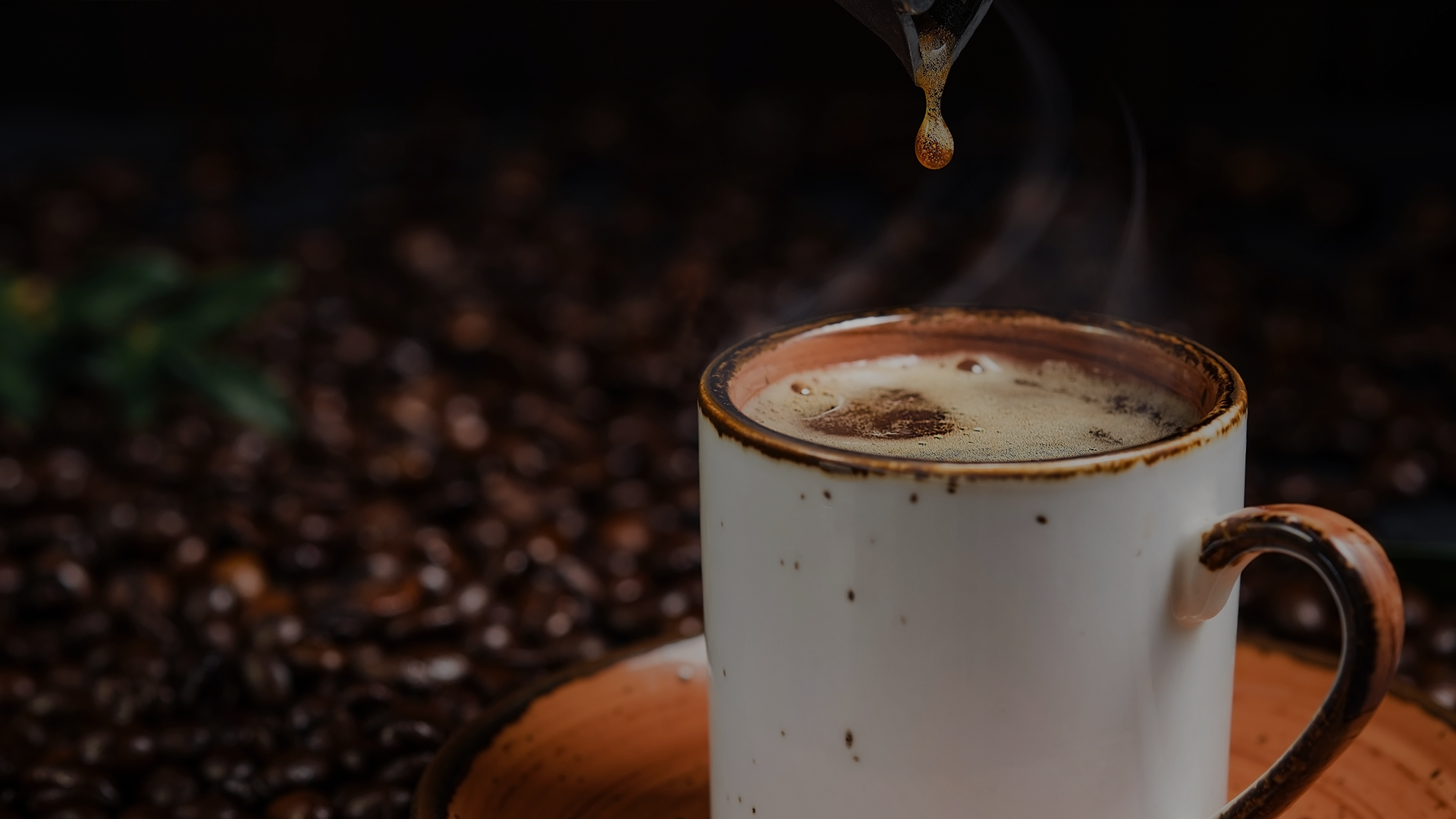Brazil is considered the world’s largest coffee producer, a position it has held for more than 150 years. It is important to make it clear that what stands out is not only the impressive quantity of beans produced, but, above all, the exceptional quality and the commitment to sustainability that give Brazilian coffee its status of excellence.
The result of this unique range of flavors and aromas that only Brazilian coffee has is due to some specific characteristics, such as the diversity of climates and fertile soils, providing ideal conditions for plant development.
Found it interesting and want to know a little more?
We, at Lucky Hills, deeply understand the reasons why Brazilian coffee is so loved around the world. After all, we are an American company that imports beans directly from partner farms in the south of Minas Gerais, in Brazil, in an ethical and sustainable way, always seeking the best for our customers.
Check out the reasons why Brazilian coffee brands have such a special beverage in their hands to export around the world, bringing joy to a variety of tastes.
Discover the secrets of Brazilian coffee beans
The basis of everything is the coffee beans quality!
Brazil is privileged with incredible natural conditions that make its beans unique. The magic of flavors in Brazilian coffee is the combination of fertile soils, an incredible variety of microclimates, and different altitudes, which results in specialty coffees such as the iconic Yellow Bourbon and Yellow Catuai varieties.
These coffees are 100% arabica and undergo a selective harvesting process that raises the quality of the beans to another level.
The result?
A palette of flavors ranging from citrus fruits on the palate to bolder notes, reminiscent of the flavor of chocolate and chocolate drinks.
It’s an experience that delights coffee lovers.
Brazilian coffee: the 5 reasons that make it truly special
We have already briefly addressed the reasons that make Brazilian coffee beans so special. However, now we are going to talk about each of them in more detail:
1. Diversity of beans
As mentioned, Brazil has an incredible characteristic: a land that goes from the high mountains of Minas Gerais to the regions close to the Atlantic Forest, providing the perfect scenario for coffee cultivation, which results in beans ranging from smooth and sweet to rich and full-bodied. Not to mention the flavors you can find, from notes of citrus fruits, chocolate and walnuts to caramel and many more.
With so many options, Brazilian coffee is an exceptional choice for those who are passionate about the drink.
2. Production cycles: from planting to the cup
Coffee goes through several stages before it gets to the customer. It starts with selective harvesting, when only mature beans are carefully harvested by hand, ensuring quality from the start.
Then, in the post-harvest process, processing methods such as “peeled cherry” or “natural” coffee are applied, depending on the desired characteristics. Cleaning and sorting are the next steps, when the beans are thoroughly separated by size and quality. Roasting, a critical aspect, enhances the unique flavors of the beans, while proper grinding prepares the beans for the final preparation of the beverage.
Each of these steps plays a key role in creating a Brazilian specialty coffee, appreciated for its diversity of flavors and unparalleled quality.
3. Commitment to sustainability
According to data from the Ministry of Agriculture, Livestock and Supply (Mapa), Brazil has established some of the most stringent labor and environmental laws on the global scene among coffee-producing countries.
That is to say the Brazilian coffee industry operates in compliance with these strict regulations, respecting all the people involved in coffee production, as well as ensuring the preservation of biodiversity and environmental balance.
And this means that Brazilian coffee is a conscious option for those who value social and environmental responsibility in their consumption choices.
At Lucky Hills, we recognize the importance of this commitment to sustainability and social responsibility. That is why we have adopted a unique model of direct trade, supported by a direct connection between producers and customers. The result is a profusion of aromas and flavors, delivering an original and surprising product to customers and the entire coffee chain.
4. Minas Gerais: the heart of Brazilian coffee
We could not talk about Brazilian coffee without mentioning the south of Minas Gerais, located in the Southeast Region of Brazil, which, according to data from the National Supply Company (Conab), is the main arabica coffee producing state in the country. Interesting, isn’t it? It is precisely there that our coffee is grown!
The coffee-growing tradition established in this region, together with its geographical diversity, solidify Minas Gerais as a privileged place for the cultivation of high quality arabica coffee, incorporating its unique terroir. This combination results in memorable aromas and flavors, which are appreciated by coffee enthusiasts around the world.
5. Sensory experience
Aligned to all the points mentioned, enjoying Brazilian coffee goes beyond just having a cup. It’s a multisensory experience.
From the moment you open the package and are graced with the fresh and enveloping aromas to the moment you taste the beverage, you are immersed in a unique experience, without giving up social and environmental responsibility.
That means every cup of Brazilian coffee is a sensory journey that connects you to Brazil’s rich heritage and diversity of flavors.
Savor the richness of Brazilian coffee beans
Brazilian coffee goes far beyond an ordinary beverage; it is a global passion and an example of quality and sustainability.
Thus, when you savor a cup of Brazilian coffee, you are immersing yourself in a rich tradition and the commitment to excellence that transcends borders and cultures.
Want the opportunity to offer the best specialty coffee in your establishment?
Discover Lucky Hills: we offer unique varieties of specialty coffees without intermediaries, in an ethical, transparent and totally sustainable way.



